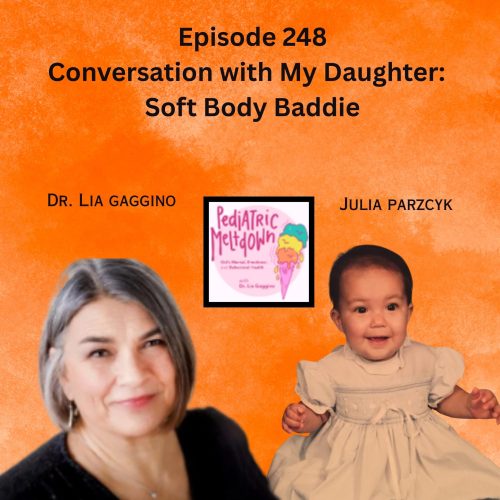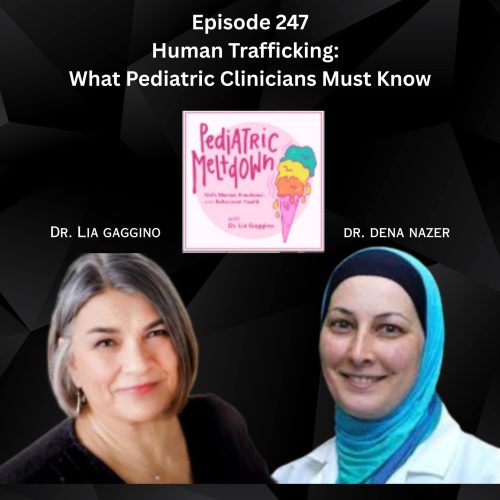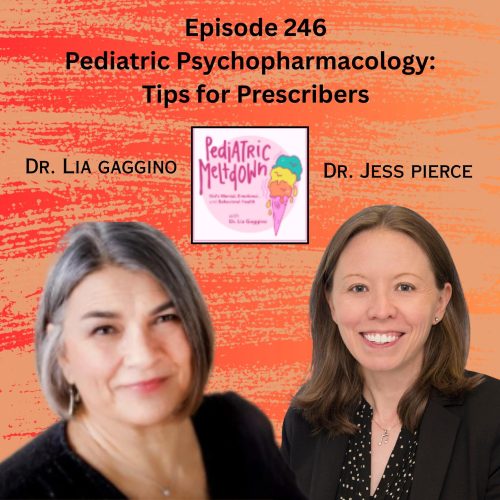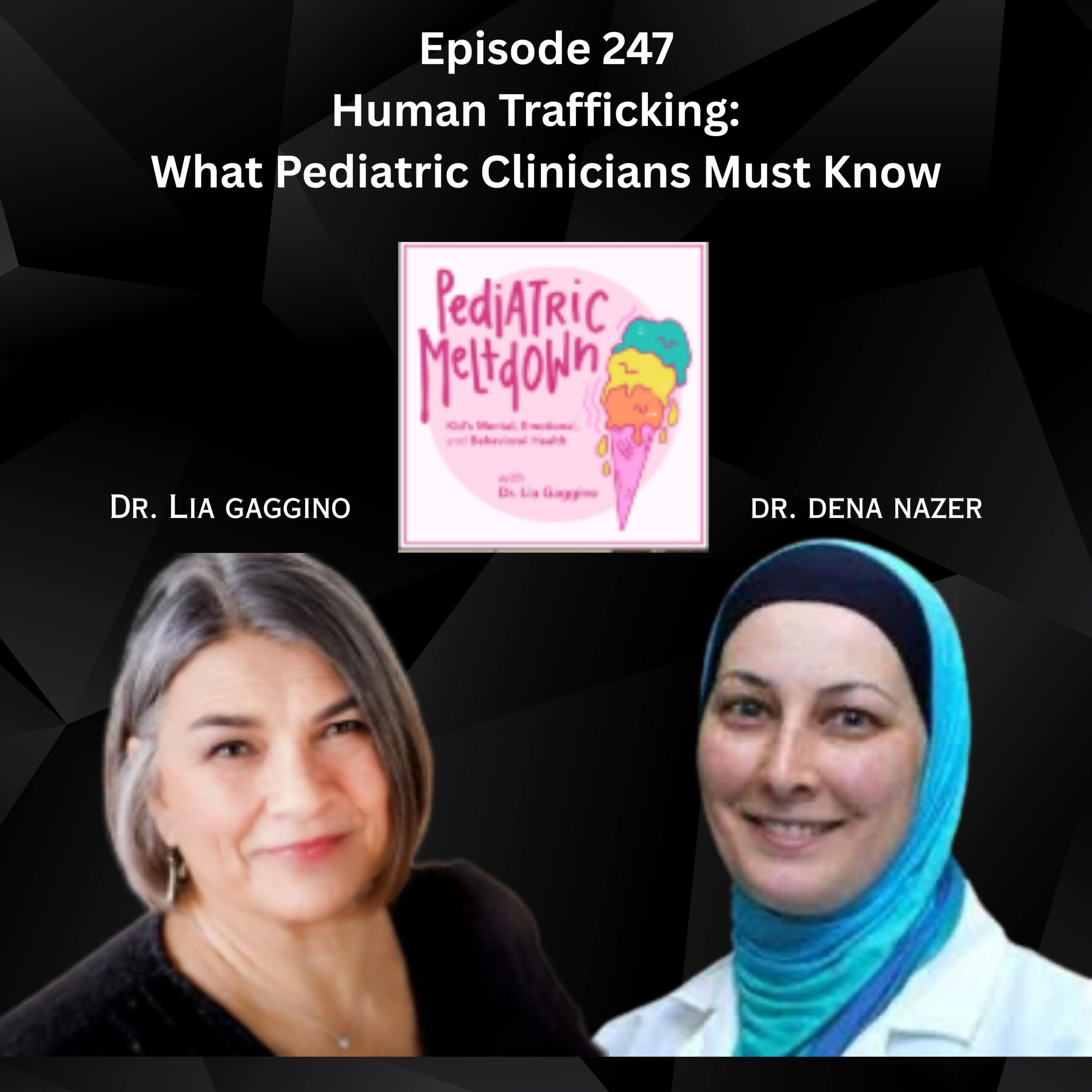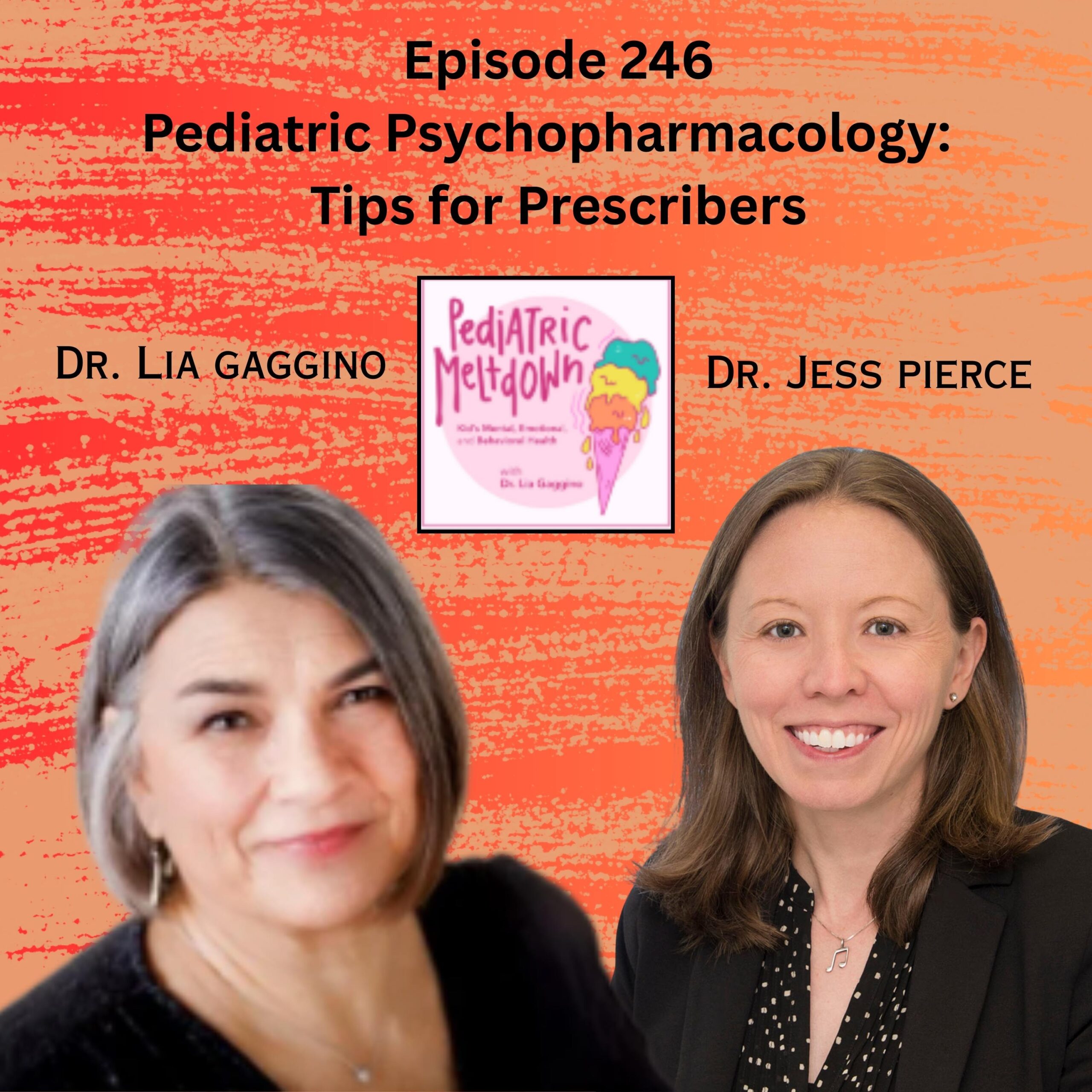When you hear Dr. Joey Skelton speak about his patients, it’s clear how deep his commitment runs. He looks beyond the numbers as he believes that each patient deserves to be treated like an individual being. Today’s discussion is on childhood obesity. But don’t make the mistake of rolling your eyes and thinking “oh, yeah… it’s a problem” …. This is a different kind of discussion with a different kind of doctor. You’ll hear some things in this episode that you’ve never heard before. Dr. Gaggino asks some difficult questions and Dr. Skelton teaches us about another way to look at kids and obesity.
[00:33 -19:54] Opening Segment
- Dr. Skelton quit his gastroenterologist practice to focus on obesity research and education.
- He believes that understanding the entire family is important in addressing obesity and wants to dive deeper into research in this area.
- His program is set up so that families can start when they are ready, and it takes into consideration that they may have a lot of other stressors in their lives.
- Number one referral he makes is to a counselor for issues around anxiety or depression, and number two referral is to a mental health resource for parents who may be struggling with similar issues.
- Our bodies are naturally inclined to gain weight as a means of preparing for potential famines or wars.
[19:55 – 35:37] A New Way of Looking at Obesity.
- Recognizing the complexity of factors that can impact behavior change, such as access to food, work schedules, and lack of cooking skills.
- Addressing obesity can be difficult when a parent is already overwhelmed with other stresses in their life.
- Restricting or limiting portion sizes and encouraging certain foods can lead to negative outcomes, such as increased weight gain and conflicts over food.
- BMI is a screening tool and should not be used as a definitive diagnostic tool for obesity.
- Keeping the focus on the person, and behaviors related to preventing diabetes rather than just focusing on weight loss can be more effective.
[35:38 -46:07] HAES (Health at Every Size) fights against Preconceived Notions
- Listening to podcasts and reading stories from writers in the movement can be emotional and eye-opening.
- Writers such as Virgie Tovar and Aubrey Gordon share their personal experiences of how their weight affected their interactions with friends, the healthcare industry, and society as a whole.
- It’s important for healthcare providers to approach patients with a weight-neutral mindset, focusing on overall health rather than weight.
- Creating a safe and non-judgmental environment for patients is crucial in weight-inclusive care.
- Advocate for recognizing that people can be in larger bodies and still be healthy.
[46:08 – 53:37] Dr. Skelton’s recommendations
- Screening labs should begin around age 10, taking into account risk factors such as family history and physical findings.
- Look for opportunities to address issues of weight and health in a size-acceptance spirit.
- A mindset shift is required to recognize that health behaviors are often influenced by social drivers and the environment.
- The need for education, support, and understanding for patients, rather than using tests to scare families.
[53:38 – 59:24] Closing segment Takeaway.
Don’t forget to sign up for Dr. Gaggino’s February 24th Beta Training
for Professionals who want to re-think the mental health services they offer
Up Your Game – Improving Kid’s Mental Health Care
You can reach Dr. Skelton
Twitter:@DrJoeySkelton
Linkedin: Joseph Skelton | LinkedIn
Links to resources mentioned on the show
HAES Movement
Podcast: Maintenance Phase Website
Virgie Tovar Website
Podcast: Rebel Eaters Club
Aubrey Gordon
Huffington Post Article: Everything You Know About Obesity is Wrong
Other episodes you may like:
Episode #63
Eating Disorders: Feeding our Kids
Episode #62
Eating Disorders: Recovery Coaches Strengthen the Healing Team
Episode #61
Eating Disorders: Prevention in Primary Care
Key quotes for Twitter:
“As healthcare providers, we need to get away from self-directed dieting.”…. Dr. Joey Skelton
“There are things that we can do differently and there is research that has shown that we can change some of these behaviors through behavior modification programs.”…. Dr. Joey Skelton
THANK YOU FOR YOUR SUPPORT!
Pediatric Meltdown was listed as a Top 20 Pediatric Podcast on FeedSpot.
If you’d like to connect with me, you can Tap the “What Are Your Thoughts” button at the top of the notes or you can find me on LinkedIn, Facebook, Instagram, and Twitter, or email me at gagginol@medicalbhs.com or gagginol@yahoo.com. To learn more about me visit https://www.medicalbhs.com/
LOVE WHAT YOU HEARD? Leave us a 5-star review so we can continue to provide you with great content. Share this episode and help people know more about children’s health and well-being.



